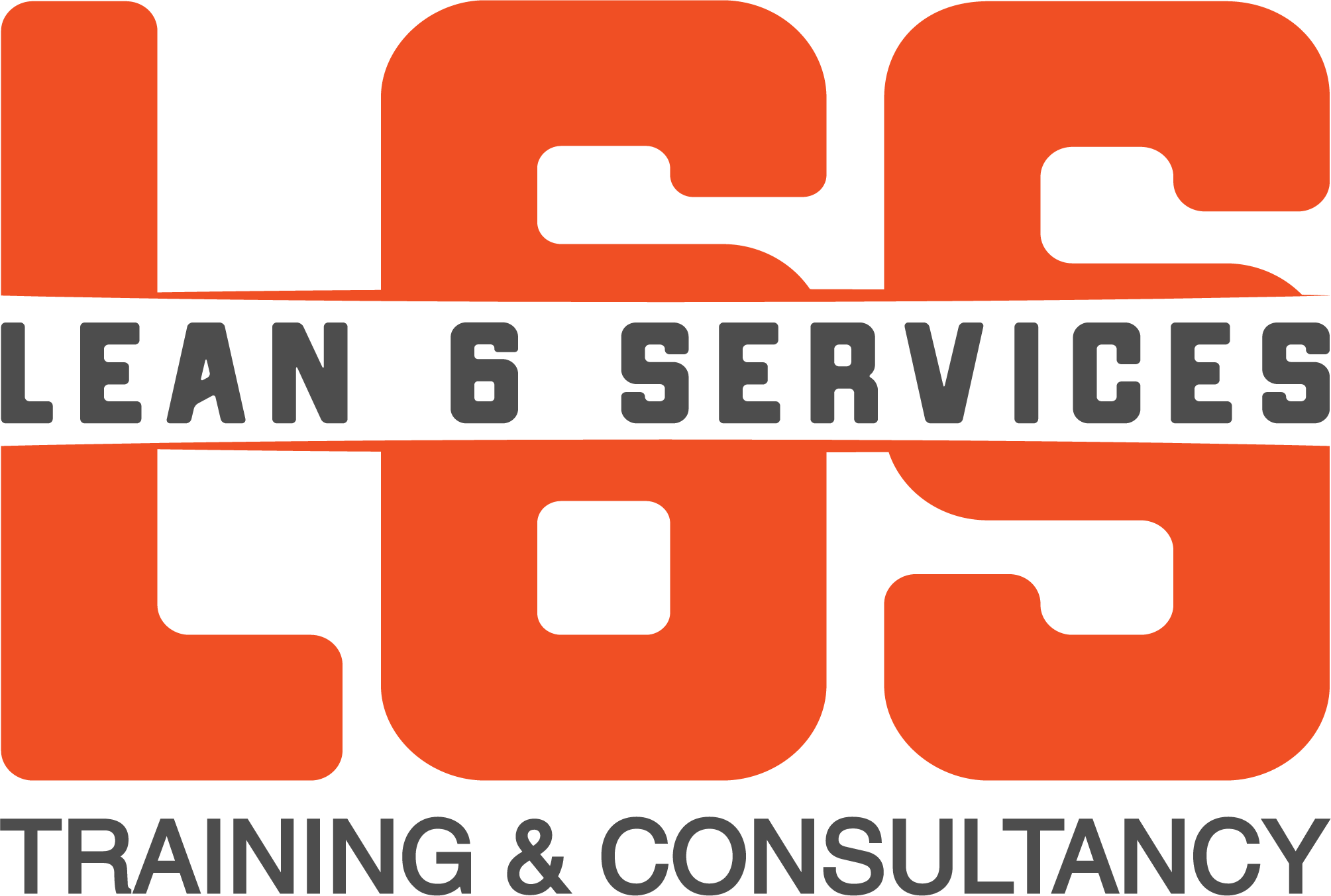Breaking Down the Barriers: Why Lean 6 Services Can Help Any Business
- Jimmy Forster

- Oct 7, 2024
- 4 min read

At Lean 6 Services, we often encounter businesses with misconceptions about what we do and how Lean Six Sigma principles apply to their operations.
Many people assume that Lean processes are exclusively for large manufacturing companies and this couldn’t be further from the truth. In reality, any business—regardless of industry or size—can benefit from Lean methodologies. Whether you're in healthcare, accounting, or retail, if you have processes (and let’s face it, who doesn’t?), Lean 6 Services can help.
In this blog, we’ll address some common objections we hear from businesses and explain why Lean is relevant for everyone.
1. "We Are in Healthcare; We Don't Need Lean Processes."
This is a common misconception, but Lean principles are incredibly valuable in industries like healthcare. Healthcare facilities have countless processes that can be optimised for efficiency and patient care, from appointment scheduling to treatment delivery.
Lean isn't just about assembly lines and factories—it's about problem-solving and continuous improvement. In healthcare, where patient care and safety are the top priorities, improving processes can save time, reduce errors, and improve patient outcomes.
For example, implementing Lean processes can help reduce patient waiting times, improve the flow of information between departments, and improve resource allocation, ensuring that critical services are available when needed.
By identifying bottlenecks in these processes, Lean methodologies help healthcare organisations operate more smoothly, ultimately boosting patient satisfaction and staff performance.

2. "We Are Not a Nissan! Lean Processes Are for Big Manufacturing Companies."
Another common myth is that Lean Six Sigma is only for massive companies like Nissan or Toyota. While it’s true that these companies were pioneers of Lean methodologies, the tools and principles of Lean Six Sigma are scalable and adaptable to businesses of all sizes.
Whether you have 5 or 500 employees, Lean can improve your operations. Lean focuses on reducing waste, increasing efficiency, and maximising value, all of which are critical for businesses, no matter their size or industry.
Lean can benefit any business that has processes—whether it’s in service delivery, administration, or customer interactions.
Many small businesses, from local retailers to service providers, have seen significant improvements after implementing Lean processes, particularly in customer satisfaction and operational efficiency.

3. "I Am Not in Manufacturing; How Can Lean Help My Accounting Team?"
Lean Six Sigma principles are not industry specific. We often hear this concern from service-based industries like accounting or law firms. Many believe that Lean is only applicable to physical product creation, but Lean is fundamentally about problem-solving and process optimisation, which applies to any business with repetitive tasks or workflows.
In accounting, for example, Lean can improve processes such as month-end reporting, invoicing, or payroll. Teams can benefit from Lean’s emphasis on standardisation and eliminating unnecessary steps, reducing the time spent on mundane tasks and allowing employees to focus on higher-value activities.
4. "We Don’t Have Time for Lean; We Are Too Busy Firefighting."
One of the most common objections we hear is that companies are too busy dealing with day-to-day operations and "firefighting" issues to spend time focusing on process improvements. Ironically, it’s these very businesses that can benefit the most from Lean processes.
Firefighting is a symptom of inefficient processes—it’s a sign that things are breaking down, and you're reacting to problems rather than preventing them.
Lean Six Sigma helps you move from a reactive to a proactive approach, enabling your business to run more smoothly. By identifying the root causes of recurring issues, you can implement solutions that prevent problems from happening in the first place.
The time you invest in applying Lean methodologies will ultimately save you more time in the long run, reducing the need for crisis management and allowing you to focus on growth.

5. "We Already Have Good Processes in Place."
Some businesses believe they already have efficient processes and don't need any further improvement. While your processes may be working fine, Lean Six Sigma focuses on continuous improvement.
No process is ever perfect, and there's always room for refinement, whether that’s in reducing waste, speeding up workflow, or improving quality.
Even if your business is already successful, Lean can help you take things to the next level by finding hidden inefficiencies or untapped opportunities for growth.
Lean methodologies encourage ongoing assessments and adjustments, so your business can continue evolving and remain competitive in an ever-changing market.

6. "Lean Sounds Complicated; We Don't Have the Expertise."
While the terminology of Lean Six Sigma may seem daunting at first, its principles are straightforward. At Lean 6 Services, we guide you through the process, ensuring your team understands and implements Lean strategies effectively.
You don’t need to have expertise in Lean to benefit from it—that’s what we’re here for! We work closely with your team to simplify processes, train staff, and build a culture of continuous improvement.
Our goal is to make Lean accessible and beneficial for your business. From providing workshops to hands-on support, we ensure your team feels confident in applying Lean principles to achieve measurable improvements.

If You Have a Process, Lean 6 Services Can Help
Whether you’re in healthcare, accounting, retail, or another service industry, Lean Six Sigma is not just for manufacturing. Any business with processes can benefit from Lean.
Lean is about efficiency, problem-solving, and continuous improvement—three things that every business, regardless of size or industry, can use to thrive.
Lean 6 Services is here to help you break down the barriers and misconceptions about Lean Six Sigma. By applying these principles, we help businesses optimise workflows, reduce waste, and improve overall efficiency.
Remember, everything has a process, from making a cup of tea to complex business operations.
If you have a process, we can help you improve it!


Comments